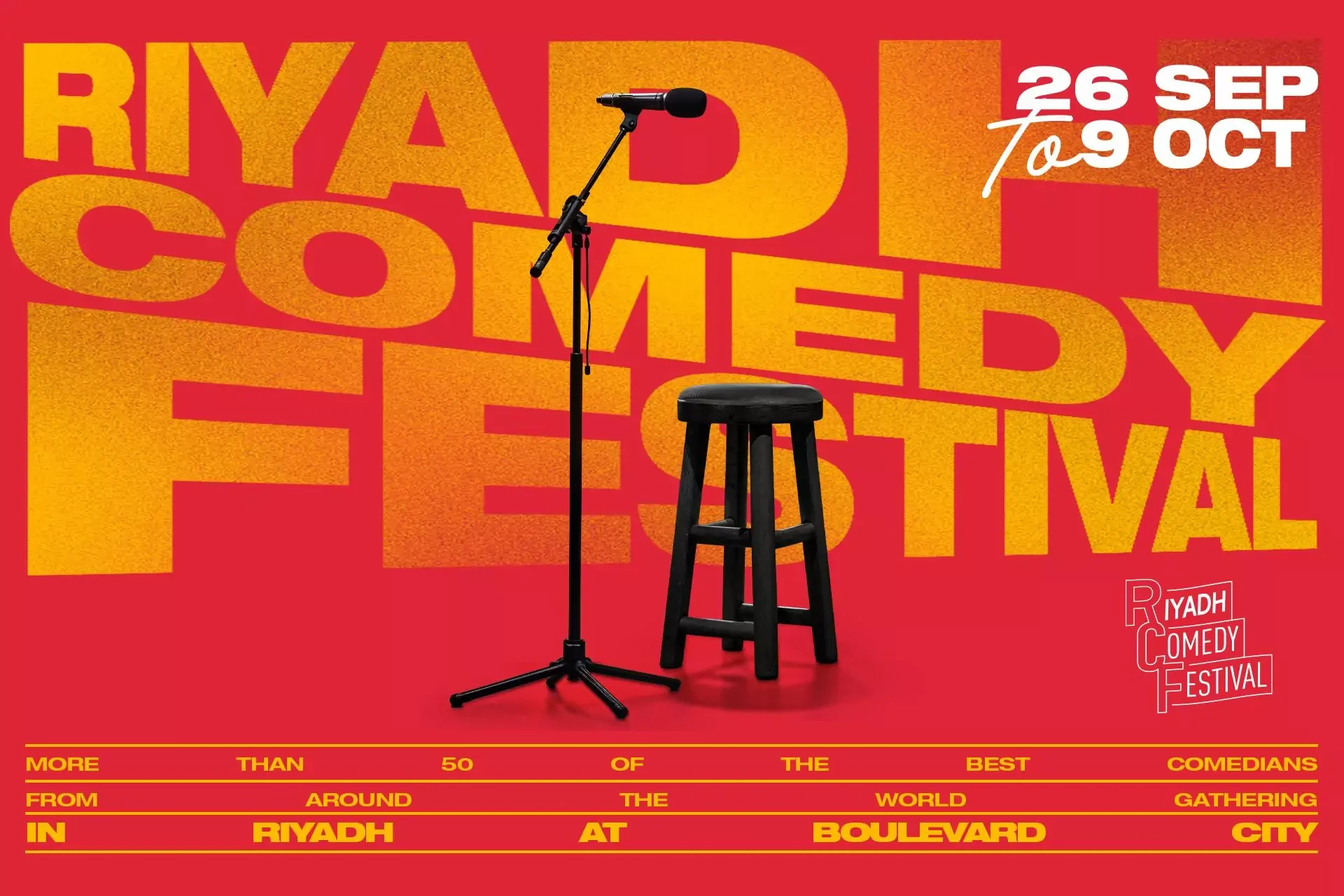The Riyadh Comedy Festival Opinions - A Rough Reflection
This article is a rough reflection on what I consider harsh comments and attacks on the comedians who participated in the Riyadh Comedy Festival 2025. I think that for the sake of “content”, comedians sometimes just puke anything. In case anyone was taking them seriously, please, consider these points as well.
Sitting in your podcast studio in the US and generalizing about what comedy should be like in Riyadh already sounds off, even before we dig into any other details.
This is exactly what international NGOs did for a very long time in countries they went to work in – and many of them still do. They sit in their offices in New York, Washington or one of the myriads of universities in the US and decide on projects that will change people's lives, that will bring democracy to the Middle East, or that will free the people from the shackles of their oppressive leaders (and most of the time, their own cultures). Of course, later they became a bit more culture-sensitive, but the mental model (a term they like a lot but rarely really understand) of viewing people in the “underdeveloped” world… well… UNDERDEVELOPED… was still there, even if not explicitly. Regardless of how much of that is true or not, the contextual and cultural aspects of that judgement (yes, this is not an evaluation or assessment. This is a judgement) were rarely considered. Also, I know that they mean well (though I’m not sure about the stand-up comedians). However, the road to hell is paved with good intentions. And good intentions do count a lot with me, but good intentions also mean that if you see that your intentions aren’t being translated into good deeds, you don’t double down on your actions.
So here’s the thing: if Riyadh didn’t have a local, thriving stand-up comedy scene, then MAYBE… MAYBE… there might be a point to this criticism, but even then, I’m not sure. But since I’m a nice guy, I’m going to let it slide and argue that yes, if Riyadh didn’t have one of the best and most active scenes in the Middle East, then this criticism would stand. But also, I don’t think any of the stand-up comedians criticizing the other comedians for going to the festival and not talking against the King and the country, and by proxy a big portion of the people – even if they usually wouldn’t talk against other injustices in the world – know anything about the Saudi stand-up comedy scene.
Another question I have is: what good will it do to the growing and thriving comedy scene in Riyadh if an American comedian “stands up” against the oppression of KSA in one show and leaves just to have the censorship tighten its grip on the local comedians for the rest of year?
Alternatively, imagine this, you push the envelope one little line at a time, taking the culture into consideration, taking the context into consideration, knowing your audience, knowing your resources, knowing the existing mental models, and trying to work with that. Okay okay… I get it… Maybe this is too much for you to imagine because if you could imagine that, you would’ve done it to… let’s say… contribute to changing the situation of gun violence in the US… at least, in schools, if we want to take a realistic goal. You don’t see me or a Saudi comedian trashing you for not touching on that or for not being able to do anything about that all these years through your hilarious sets and sketches about it. This is just one example, of course. Who am I to get into the foreign policies of a country as great as the US and what they do with the money they get from all their ass-kissing of the KSA government? I’m sure they’re investing them in things that are way more important than, say, the homelessness in their major cities.
I will try not to repeat the arguments from my reflection “Art Will Not Save The World”, but they are all valid in this case, so I’d say go check that.
In the meantime, if we are to go to the roots of our profession and look into the jester and his techniques, we’ll find that some very crucial changes happened because of the jester and lots of realizations took place in the court because of the jester. And that wasn’t because the jester would walk up to the king and tell him that he was a bad ruler. But because the jester knew how to walk the fine line between getting killed for something he “shouldn’t have said” and saying what the oppressed people are saying on the streets to the king.

